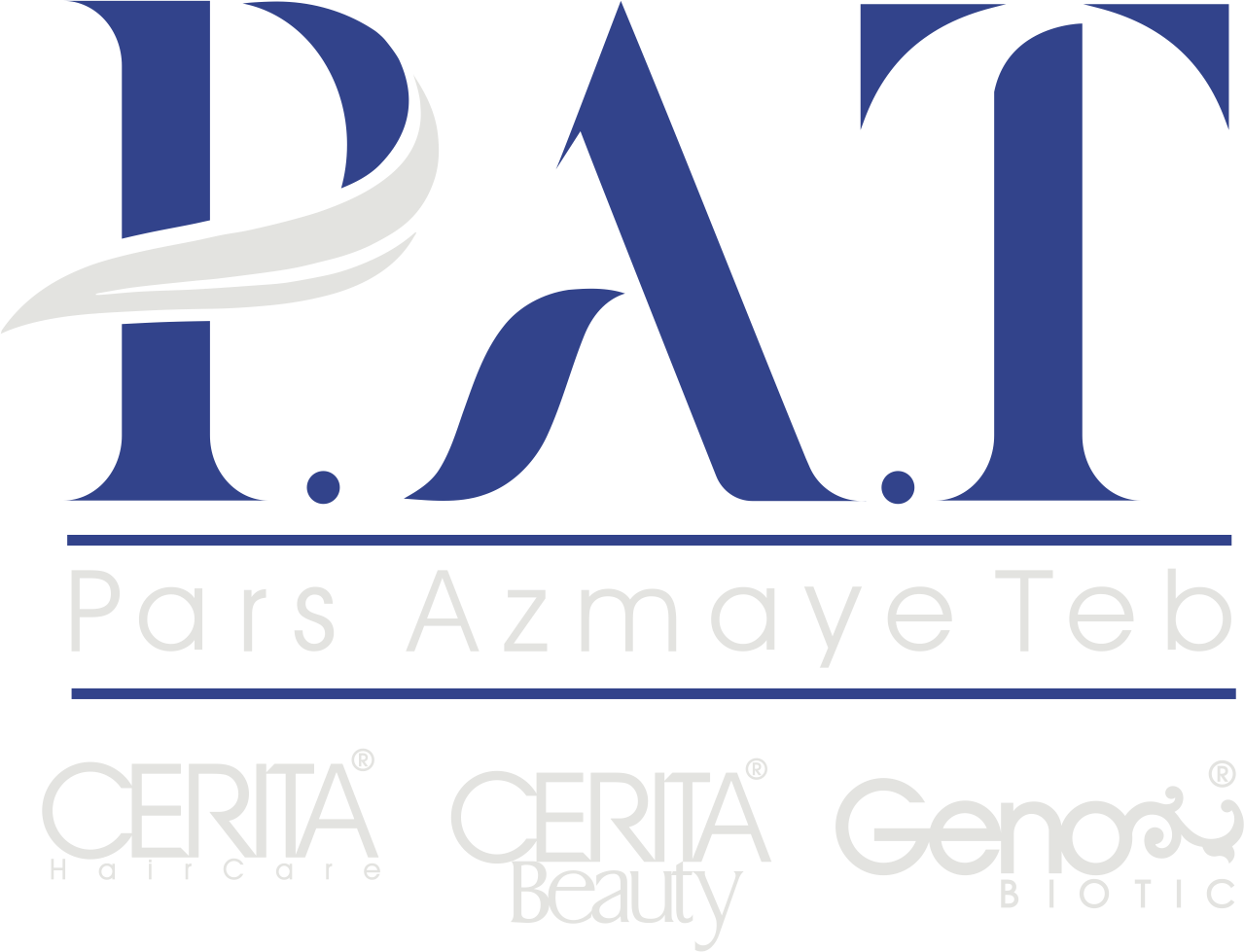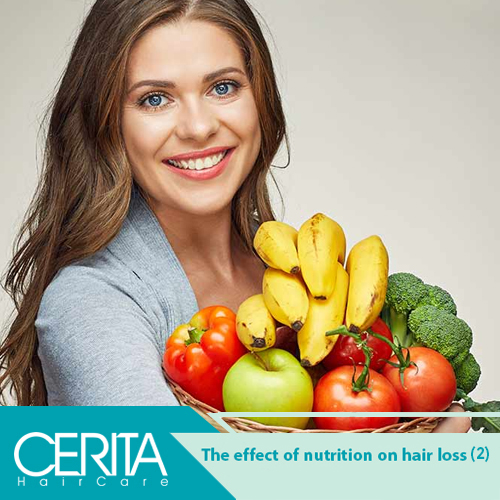The effect of nutrition on hair loss (part 2)
Protein: To make any new tissue like hair in the body, we need amino acids in proteins. Lack of protein causes growing hair to enter the sleep and rest phase prematurely and then fall out within a few months, in other words, protein is the basis for the needs of body tissues such as hair, nails, skin and it is abundant in substances such as meat (chicken, fish and red meat), eggs, dairy products and legumes. It is also present in small amounts in starchy foods such as bread, rice, pasta and vegetables.
Low fat protein sources are very useful, such as soy milk. Cysteine is an essential amino acid needed to build hair and is a major source of fish, egg yolks, garlic, onions, cabbage and raspberries.
Calcium and Magnesium: Milk and dairy products are rich sources of calcium, magnesium and protein. If a person is lactose intolerant (sugar in milk) and does not use other dairy products to meet their body needs, they should take calcium supplements daily and increase their intake of other protein-rich foods.
B vitamins: One of the ways to treat hair loss is to consume nutrients rich in B vitamins. Among this group of vitamins, vitamin B3 (niacin) improves blood flow to the hair follicles and as a result accelerates hair growth.
Vitamin B5 (Panthenol): Also stops hair loss and helps hair growth.
Vitamin B7 (biotin): Strengthens and improves the skin, especially hair follicles.
Vitamins B6 and B12 also promote healthy hair growth.
Rich sources of B vitamins: liver, bananas, sunflower seeds, fish, chicken, wheat germ, prunes, meat, whole grains, and yeast and egg yolks.
Other compounds are described in the following sections


